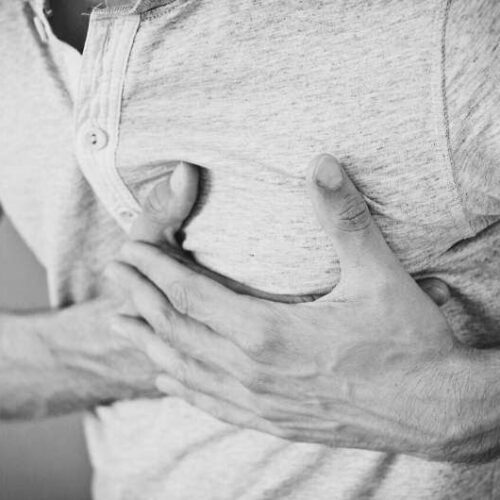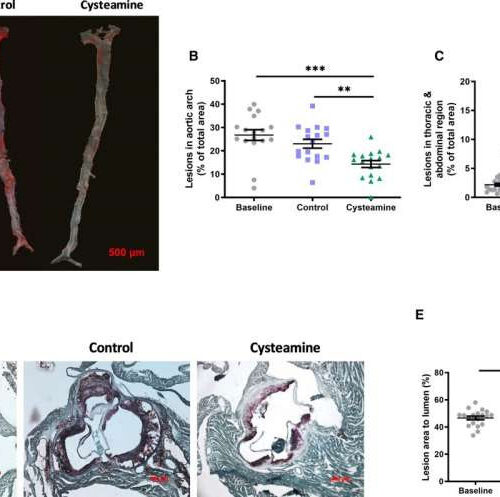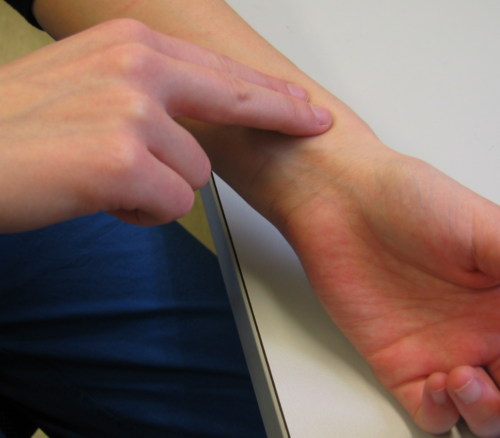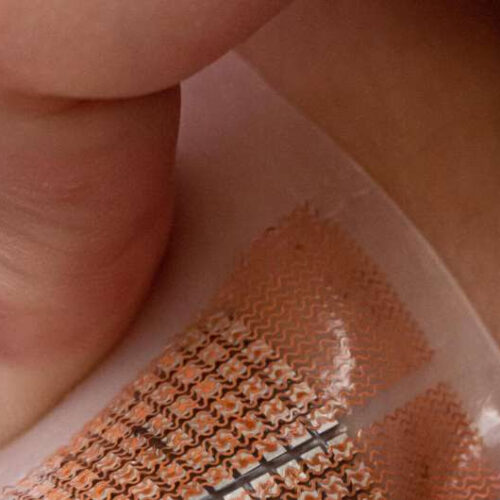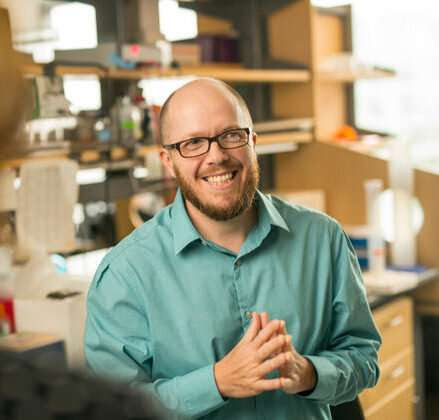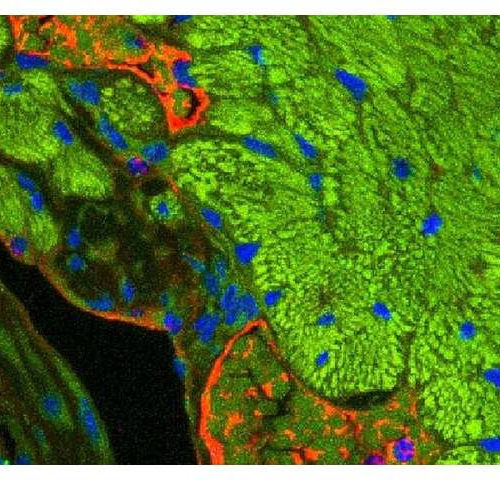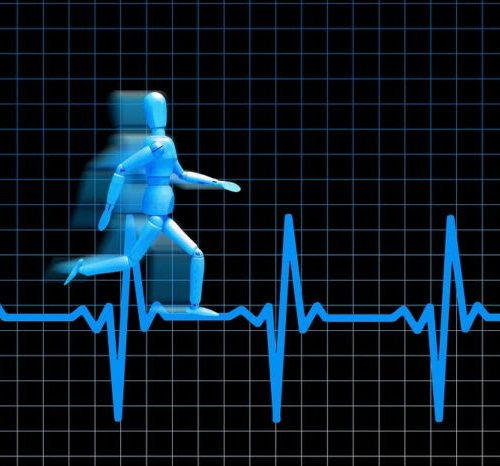by Brandi Wampleroctober 01, 2021, University of Notre Dame Credit: CC0 Public Domain Researchers from the University of Notre Dame and the University of Florida have developed a sensor that could diagnose a heart attack in less than 30 minutes, according to a study published in Lab on a Chip. Currently, it takes health care professionals hours to...
Tag: <span>heart attacks</span>
Antioxidant drug reverses process responsible for heart attacks and strokes
by University of Reading Cysteamine reduced existing atherosclerosis in low‐density lipoprotein receptor–deficient mice. A, Representative images to show atherosclerotic lesions in the aorta of baseline, control, and mice treated with cysteamine (2.2 mmol/L in drinking water) stained with Oil Red O. Bar=500 μm. Data points show lesion areas in individual mice in each group in the aortic arch...
Combo therapy cuts risk of heart attacks and strokes in half
Hamilton, ON (Aug. 29, 2021) – A combination therapy of aspirin, statins and at least two blood pressure medications given in fixed doses can slash the risk of fatal cardiovascular disease (CVD) by more than half, says an international study led by Hamilton researchers. The fixed-dose combination (FDC) therapies were examined both with and without aspirin...
New diabetes medication may reduce the chance of heart attacks and strokes
You need to take care of yourself in order to live a long and healthy life. But sometimes you needs some medicine to lower your risk of death. Scientists from the University of Glasgow have found that a new class of diabetes medications, called GLP-1 receptor agonists, can reduce the chance of heart attacks, strokes...
Soft skin patch could provide early warning for strokes, heart attacks
by University of California – San Diego This soft, stretchy skin patch uses ultrasound to monitor blood flow to organs like the heart and brain. Credit: Nature Biomedical Engineering Engineers at the University of California San Diego have developed a soft and stretchy ultrasound patch that can be worn on the skin to monitor blood flow through...
Discovery shows how to treat heart attacks—new drug development underway
by Marissa Shapiro, Vanderbilt University David Merryman. Credit: Vanderbilt University Vanderbilt researchers have identified the protein receptor in specialized heart cells that, when removed, preserves cardiac function after a heart attack. This discovery has significant implications for survival after a heart attack, with a promising therapeutic development now underway at the Warren Center for Neuroscience Drug Discovery. The...
Cleaning up cellular trash helps hearts recover after heart attacks
by Vanessa McMains, Johns Hopkins University Photomicrograph showing heart tissue taken from the biopsy of a heart attack patient. Johns Hopkins Medicine researchers have shown that after a heart attack, cardiac muscle cells produce lots of CHIP (seen as green in the photo), a protein that clears away the “trash” of misfolded, damaged proteins to improve...
Nanoparticle chomps away plaques that cause heart attacks
Michigan State University and Stanford University scientists have invented a nanoparticle that eats away – from the inside out – portions of plaques that cause heart attacks. Bryan Smith, associate professor of biomedical engineering at MSU, and a team of scientists created a “Trojan Horse” nanoparticle that can be directed to eat debris, reducing and...
How to deliver CPR to yourself!
Try to remain calm, and REMEMBER THIS! A possible lifesaver This comes from Dr. Patrick Teefy, Cardiology Head at the Nuclear Medicine Institute University Hospital,London Ont. I hope everyone can send this on as it is really important for everyone to know! 1. Let’s say it’s 7:25 pm and you’re going home (alone of course)...
Major depressive episodes far more common than previously believed, new Yale study finds
Major Depressive Episodes Far More Common than Previously Believed, New Study Finds The number of adults in the United States who suffer from major depressive episodes at some point in their life is far higher than previously believed, a new study by the Yale School of Public Health finds. National survey data currently shows that...

